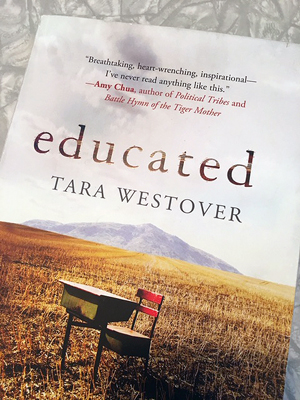In my part of the world non-essential services have been ordered to close due to the Corona virus pandemic. However, liquor stores are considered essential and remain open.
I was surprised.
Liquor? Essential? Really?
And I realized I had caught myself (quietly, in my head) judging people’s hidden challenges.
… Some people are quietly dependent or overtly addicted to alcohol. If their supply is quickly cut off it would be bad for them. Anxiety. Witdrawl. Physical and mental health challenges. Deaths. And if alcohol became unavailable, it would be bad for society by placing an additional strain on the health care system and community.
Hidden challenges can include biases from painful pasts, fallout from mental health challenges (OCD, depression, addiction) or invisible visual/auditory impairments that create ‘unusual’ behaviours when observed by another person.
Hidden challenges affect many people (but can be completely invisible to others.)
Including Tara Westover, who did not attend any school until she was 17 years old. Despite years of adversity, she excelled, graduating with a PhD from Cambridge University 11 years later.

Educated, by Tara Westover
Her hidden challenges included physical and emotional adversity – abuse, neglect, trauma. She often suffered from misplaced judgment – after genuinely asking, for instance, what the Holocaust was during a college lecture.
Because of a series of hard work, support and fortunate events, she overcame hardships – including judgment and misunderstanding – that would have crippled most.
She shares her experiences in ‘Educated,’ depicted above.
People are doing their best.
Everyone has hidden challenges.
Be kind.
